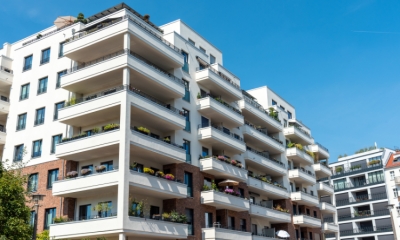The rise in real estate prices is not only an issue in Croatia but across the entire European Union, emphasized Minister Branko Bačić in Parliament on Tuesday, rejecting claims from SDP representatives that new measures proposed in the amendments to the Socially Encouraged Housing Construction Act would further raise prices.
“We have decided to offer a 50% VAT refund to those under 45 who are buying or building their first property, or a full refund of property transfer tax in the case of purchasing a used apartment or from a private seller, and we haven’t seen any price increases in the real estate market in Croatia as a result of this announcement,” said Bačić, Minister of Spatial Planning, Construction, and State Assets.
Furthermore, he added, the seller has no way of knowing whether future buyers will be eligible for a tax or VAT refund.
This was his response to claims from SDP members that the new measures would ultimately lead to higher property prices.
Sabina Glasovac (SDP) argued that the 50% VAT refund is already being factored into property prices, while Mišo Krstičević (SDP) claimed that the tax refunds will end up in the pockets of construction companies. “Economists from the Croatian National Bank and the IMF have clearly stated that subsidizing property purchases with budget funds inevitably leads to price increases,” he said.
Bačić: Goal is to Halt the Rise of Property and Rental Prices in Croatia
Marija Lugarić (SDP) asked: “Have you foreseen any safeguards to ensure that these subsidies do not cause property prices to rise, as happened with the subsidized APN loans?”
Bačić responded that he might agree with the idea that the periodic release of APN loans contributes to price increases in Croatia, if there weren’t even sharper increases in EU member states where such subsidies never existed.
Boris Piližota (SDP) raised concerns about how many young people would realistically be able to take advantage of the VAT refund, especially considering how many of them under 45 are actually creditworthy.
According to Bačić, the best benchmark is the final year of the APN loan program, when about 6,000 apartments per year were processed.
He also expressed confidence that the European Commission will adopt a document on affordable housing in 2026, which he believes will be accompanied by a financial instrument to enable EU member states to invest in affordable housing.
In addition, Bačić announced that by the end of the year the government will adopt a new Rental Law, aimed at regulating the rental market and improving security for both landlords and tenants. He also announced a new Construction Law that will simplify the process for obtaining building permits and reduce the required documentation for constructing houses and residential buildings.
